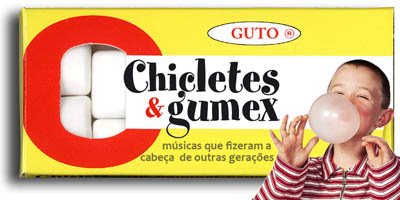
A primeira gravação de Bill Black foi em 1954 para a Sun Records, como baixista da banda country Doug Poindexter and The Starlite Wranglers, que contava também com o guitarrista Scotty Moore. A banda lançou apenas um compacto pela Sun, o suficiente para que Sam Phillips, o chefão da Sun, os colocassem para tocar com Elvis Presley. Sam procurava alguém que pudesse misturar o blues negro com o boggie-woogie, imaginando que o som agradaria a audiência branca. Foi na lendária gravação de That's all right (mama) que eles forjaram aquela sonoridade. Sob o título de Elvis Presley, Scotty e Bill eles lançaram cinco discos pela Sun entre 1954 e 55 que estão entre as melhores gravações rockabilly de todos os tempos, com Elvis no auge de sua juventude e desinibição. Black e seu baixo foram parte importante do som do início da carreira de Elvis Presley.
Bill e Scotty continuaram tocando com Elvis até 1958, deixando a banda por causa do baixo "salário". Bill e Scotty tinham direito a 25% dos royalties, mas mesmo depois que Elvis foi catapultado ao estrelato com a RCA em 1956, os dois recebiam apenas 200 dólares por semana. Scotty ainda trabalhou eventualmente com Elvis mas Bill não. Ele fundou o seu Bill Black's Combo em 1959 e conseguiu emplacar três sucessos entre as 10 mais em 1960, Josephine, Don't be cruel e White silver sands.

Black first recorded for Sun Records in early 1954 as a member of a country band, Doug Poindexter and the Starlite Wranglers, who also included guitarist Scotty Moore. That group issued just one single for Sun, but that was enough to make the talents of Black and Moore known to Sun head Sam Phillips, who put the pair together with Elvis Presley. Under the billing of Elvis Presley, Scotty, and Bill, they put out five records on Sun in 1954 and 1955, which are usually acknowledged as some of the finest rockabilly records ever done and Presley at his most youthfully uninhibited. Black was an important part of the early Presley sound with his slap stand-up bass and ebullient onstage manner.
Black and Moore continued to work with Presley until 1958, leaving his band in large part due to disputes over financial terms. Black and Moore had taken one-quarter of the royalties at the outset of Presley's career, but even after Presley had rocketed to stardom with RCA starting in 1956, they were on a mere 200 dollars/week wage. Although Moore would eventually work with Presley again, Black never did, joining a Memphis group that evolved into Bill Black's Combo in 1959. Their instrumental "Smokie," released late that year, made the Top Ten. (from http://www.rockabillyhall.com/BillBlack1.html)
Bill Black's Combo • achei aqui • found here





